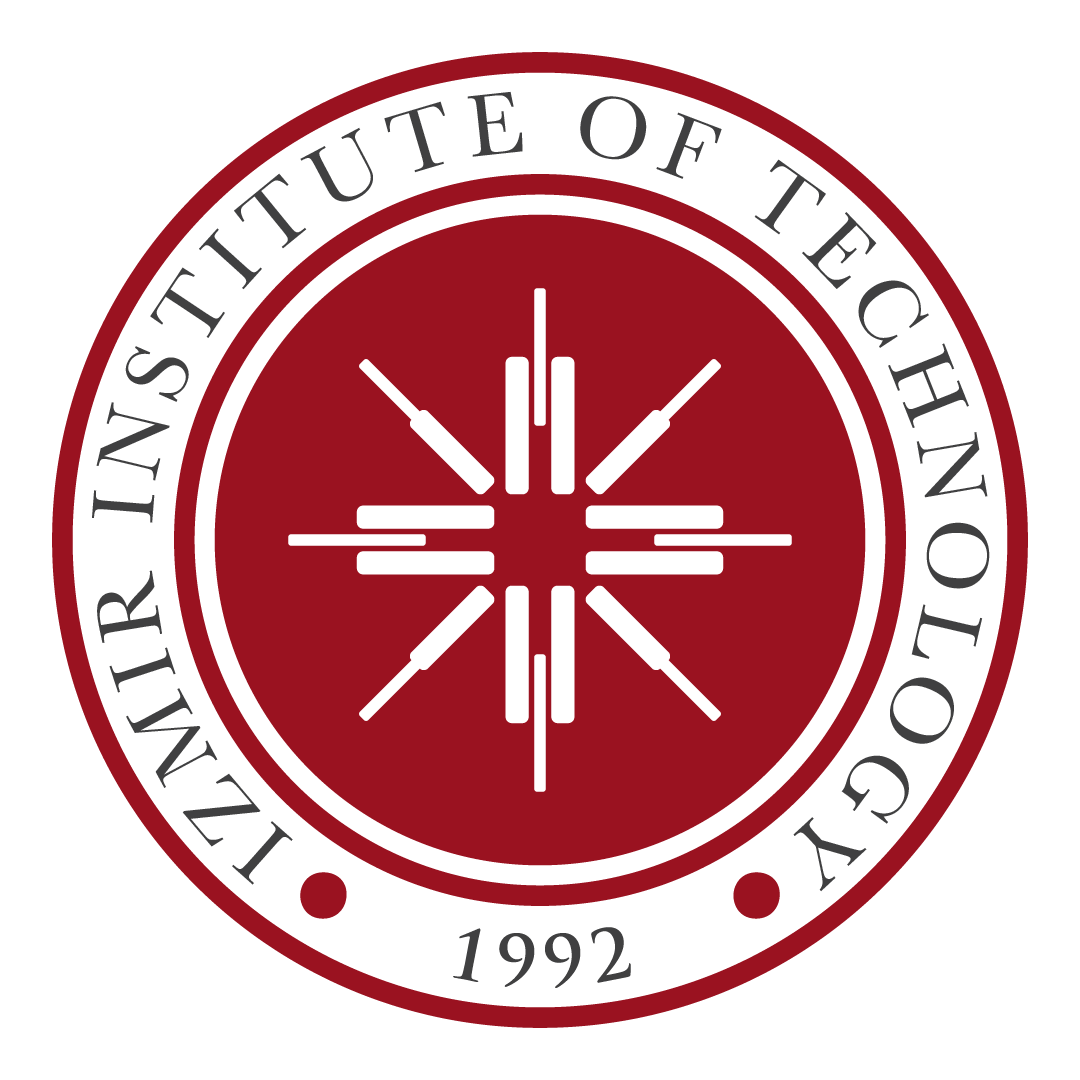| 1. | Sufficient theoretical and applied knowledge of mathematics, science and engineering; ability to apply this knowledge to model and solve engineering problems. |
| 2. | Skills to identify, formulate and solve complicated engineering problems; Ability to choose and implement appropriate analyse and modeling tools. |
| 3. | Capability to design systems, components, engineering processes and products to meet desired requirements under realistic constraints and conditions; ability to apply modern design methodologies for the same purpose. |
| 4. | Resourcefulness to use novel techniques, skills and modern engineering tools necessary for engineering practice; Ability to use information technologies efficiently. |
| 5. | Ability to design and conduct experiments, analyze and interpret outputs in complex engineering applications. |
| 6. | Competency to work effectively in both single/multidisciplinary teams; abilitiy to work independently. |
| 7. | Proficiency in both oral and written communication in Turkish and a foreign language; ability to effectively read and write reports, to prepare design and production reports, to make effective presentation, to give and take clear and comprehensible instructions. |
| 8. | Understanding the need of lifelong learning and be aware of its necessity; Ability to access information and follow up the progress in science and technology. |
| 9. | Appreciation of professional and ethical responsibility; Knowledge of standards used in engineering practice. |
| 10. | Knowledge of project management, risk management, configuration management and similar business applications; Awareness of entrepreneurship, innovation and sustainable development. |
| 11. | Familiarity with contemporary issues and sensitivity of effects of engineering applications on global environment and health; Awareness of legal consequences of engineering solutions. |

